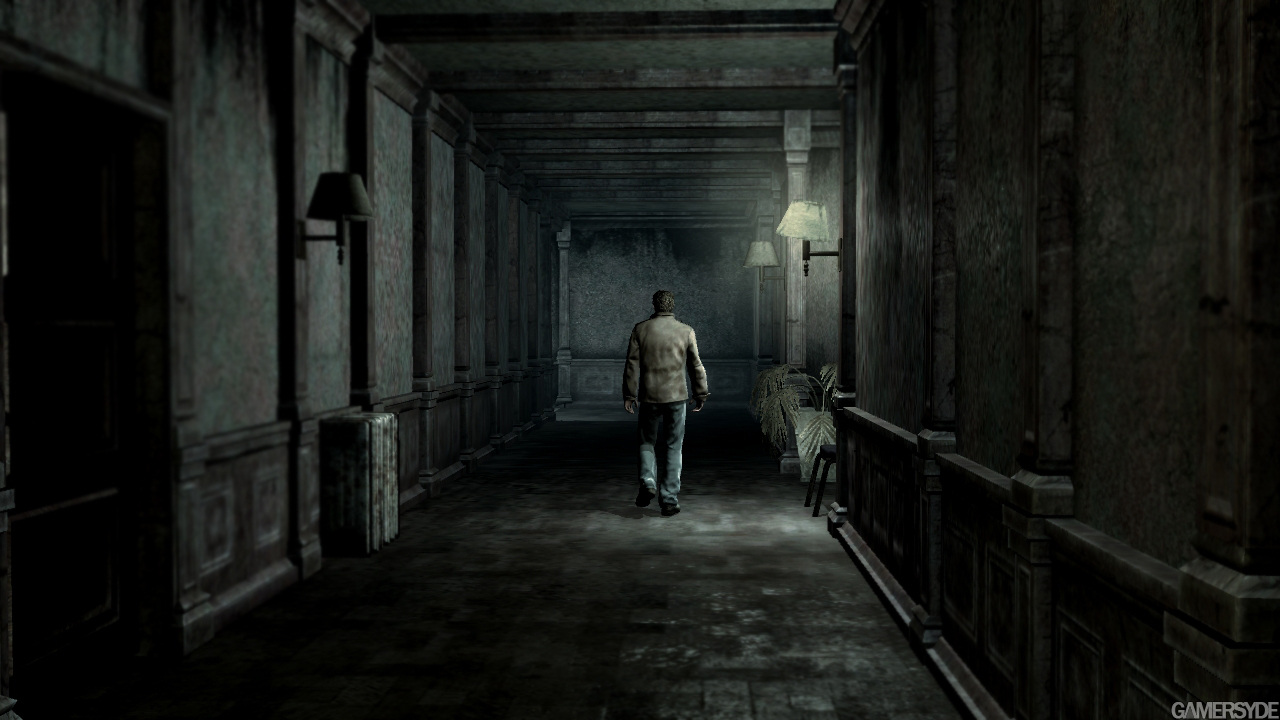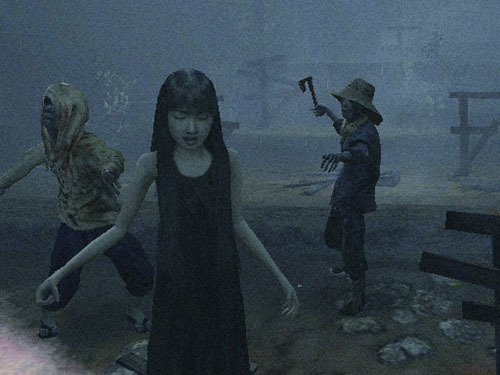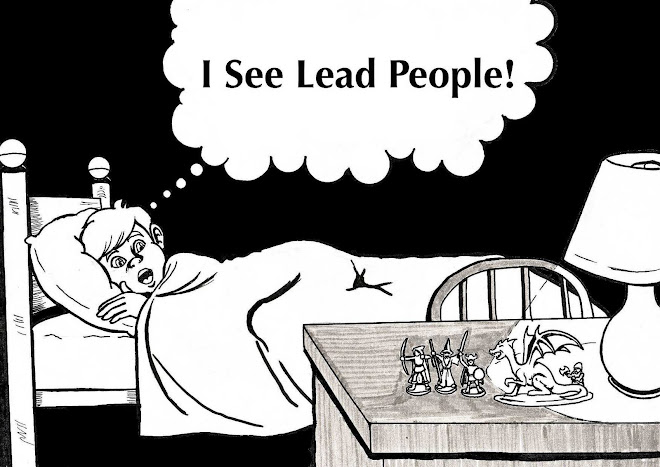
Over the years I have played just about every genre or at least made a go of it. Some of them, like fantasy adventure or pulp pretty much flow like water with game play coming simply and with little effort from players and GMs alike. Others are a bit tougher to pull off effectively and require a higher level of ability and/or commitment from the players and GM. Games involving deep plot, mystery and horror are definitely among this latter sort. Still, I have managed to play them on both sides of the GM's screen but one sub-genre seems a bit a bit trickier to pull off than the others - survival horror.
For me the survival horror genre seems to be characterized by a horrific situation that is overcome through a combination of thought and physical actions. Not just the realm of new video games, we see survival horror in some movies like Night of the Living Dead, 13 Ghosts and Alien. The tough part of this genre seems to come from balancing out the horrific setting with the characters' abilities to deal with it. If either of these two elements is out of balance then the game either turns into more of a horror/mystery game or spooky action adventure.
When designing a survival horror setting, I find it is best to isolate the characters in some way. This does not mean that such games need to take place in the middle of nowhere but more that the ability to reach out for help or to utilize resources beyond those immediately available is greatly hindered or done away with altogether. This can be accomplished through physical isolation (the easy way) or through plot driven isolation such as a communications blackout or government quarantine. In some cases isolation can be achieved by simply limiting the number of people involved in the plot. If you have a small group of survivors in a big area they will likely find themselves isolated if they intend to accomplish their goals simply by spreading themselves out.

As an example, in the movie "Alien" Ripley and her crew have a vast spaceship with all sorts of high tech equipment at their disposal. There situation does include physical isolation in that they are stuck on that ship in the vastness of space, but they are also isolated by their limited numbers. A larger crew would have been able to spread out and track the alien creature without undo vulnerability to any single crewman. However, Ripley's crew of under a dozen does not have this option. Their situation requires them to break apart and to work in smaller groups isolating individuals from the greater whole.
The other part of a survival horror game that often proves difficult is that of the characters' ability to deal with the situation they are placed in. If the characters are either too capable whether through their own abilities or due to the resources available to them, then they will not feel they are trying to survive as much as they are trying to beat another encounter. This is particularly difficult when running survival horror scenarios in established campaigns but is really handled the same way. This is where careful manipulation of the characters comes into play.

In many cases the isolation of the character's situation will do this work for you, but when it doesn't, you will have to find ways to either limit or nullify their characters' abilities so that they do not totally eclipse any sense of threat. Of course the power of the encounters is one way to do this. Though they may be able to fight their way through a few individual zombies or alien critters, will a straight up fight be the answer to stopping the threat as a whole. Is fighting them even an option such as when presented with a never ending hoard of zombies or some sort of haunting or demonic host. These situations will often have to be overcome by the accomplishment of a specific task or set of tasks which will fall to the characters' abilities to overcome.
Like any RPG scenario, a GM trying to balance out the scenario must take caution. Making the solution to specific to one character's abilities will lead to failure if that player is taken out of commission. but you also want to make sure that the characters do not have too much at hand or find ways to take out what they do have. If your group is a hard as nails military team with a ship in orbit, a gunship, and an APC, get rid of them all (yes, that was Aliens). I do find, however, that it is best to make any sort of limitations clear earlier in the scenario. Do not pull the rug out from under your players too often or you will come across as a bully. Doing this once or twice can help to establish a sense of desperation and isolation, but you don't want it to turn into frustration.

Limiting character abilities, powers and personal equipment can be a bit tougher. I usually find that setting a few ground rules early in the story helps with this and spares the players some frustration. If your zombies need a shot to the head to stop them, then a few early encounters with them should establish this. This works for nearly any combat ability whether it is weapon invulnerability, incorporeal, a psionic dampening field, etc.. Once these rules have been established, it's important for you to stick to the rules or, if you need to bend them, have it make a lot of sense. This brings up another concept that helps with both the first and second points here.
A sequential and systematic reduction of the characters resources will serve to remind them of the dire circumstances they are in as well as serve as a bit of a timer for the adventure never allowing them to settle too much. As mentioned above you don't want to go around ripping all hope out from under your players, but done correctly it can be quite effect. You can remove one after another of their escape routes or resources, especially when the group decides to or ends up being static. This should push them along.
So, as you can see it's a delicate dance riding the line between a spooky dungeon crawl and a deep mystery of foreboding doom, but the survival horror genre can be run as an RPG. You need to keep your players and their characters on the edge, blending action and desperate horror until they finally figure out what makes it all tick and find their way out.
Take care and remember that in space no one can hear you scream...
-Eli

A sequential and systematic reduction of the characters resources will serve to remind them of the dire circumstances they are in as well as serve as a bit of a timer for the adventure never allowing them to settle too much. As mentioned above you don't want to go around ripping all hope out from under your players, but done correctly it can be quite effect. You can remove one after another of their escape routes or resources, especially when the group decides to or ends up being static. This should push them along.
So, as you can see it's a delicate dance riding the line between a spooky dungeon crawl and a deep mystery of foreboding doom, but the survival horror genre can be run as an RPG. You need to keep your players and their characters on the edge, blending action and desperate horror until they finally figure out what makes it all tick and find their way out.
Take care and remember that in space no one can hear you scream...
-Eli



































































No comments:
Post a Comment